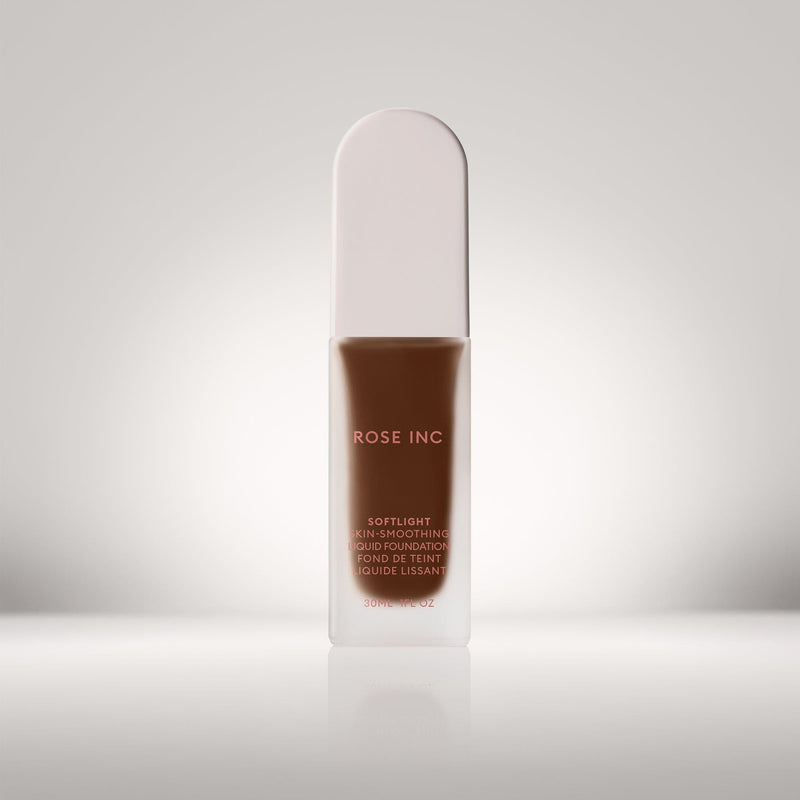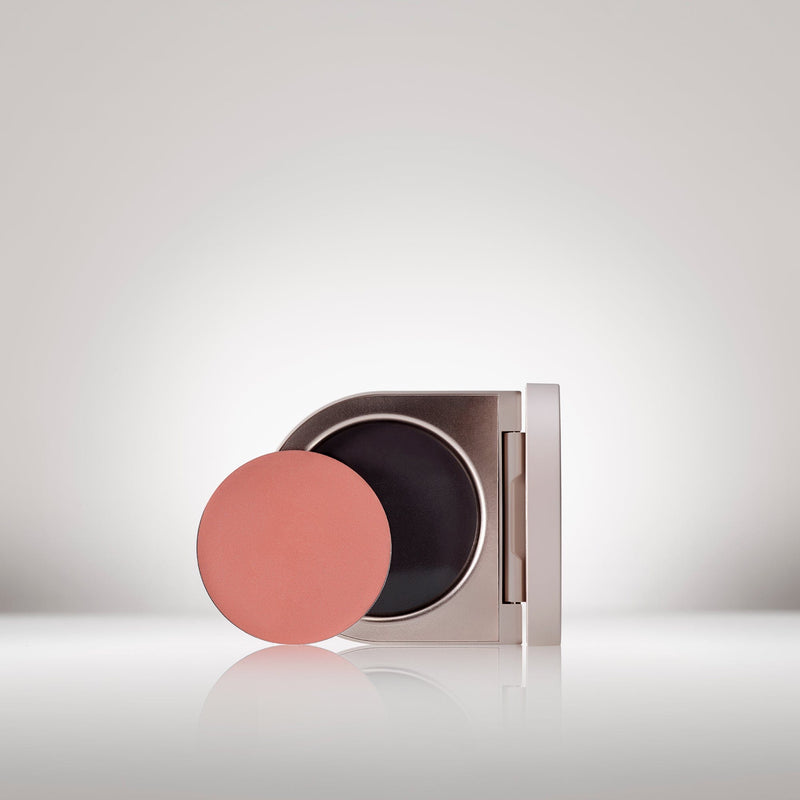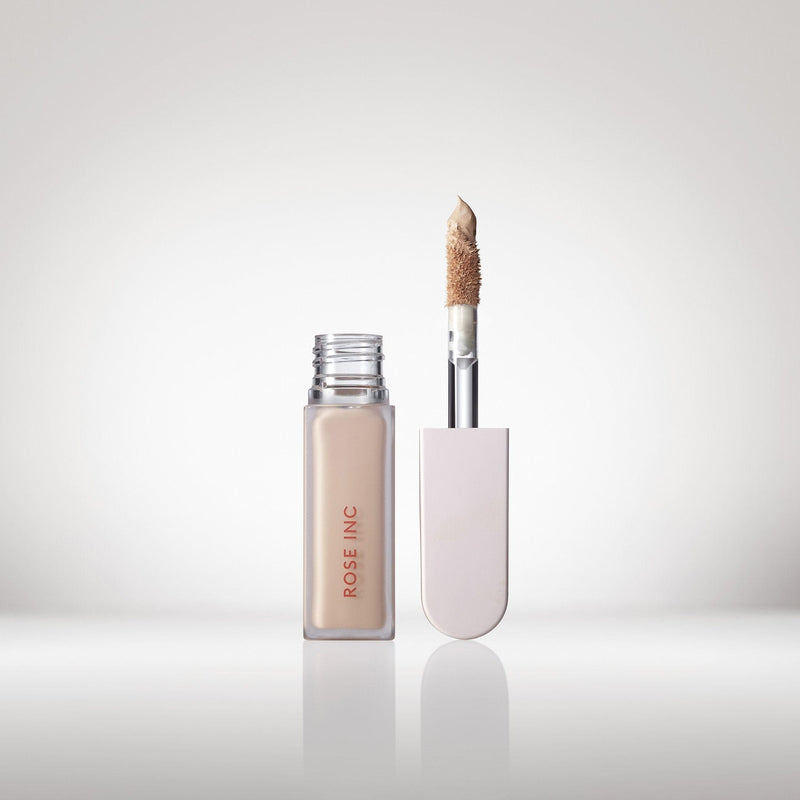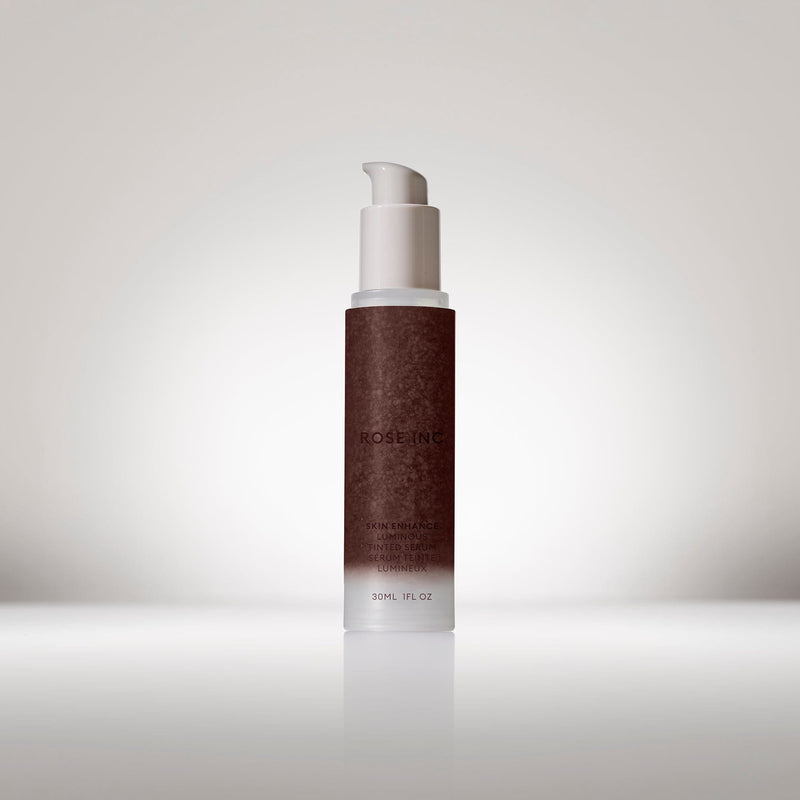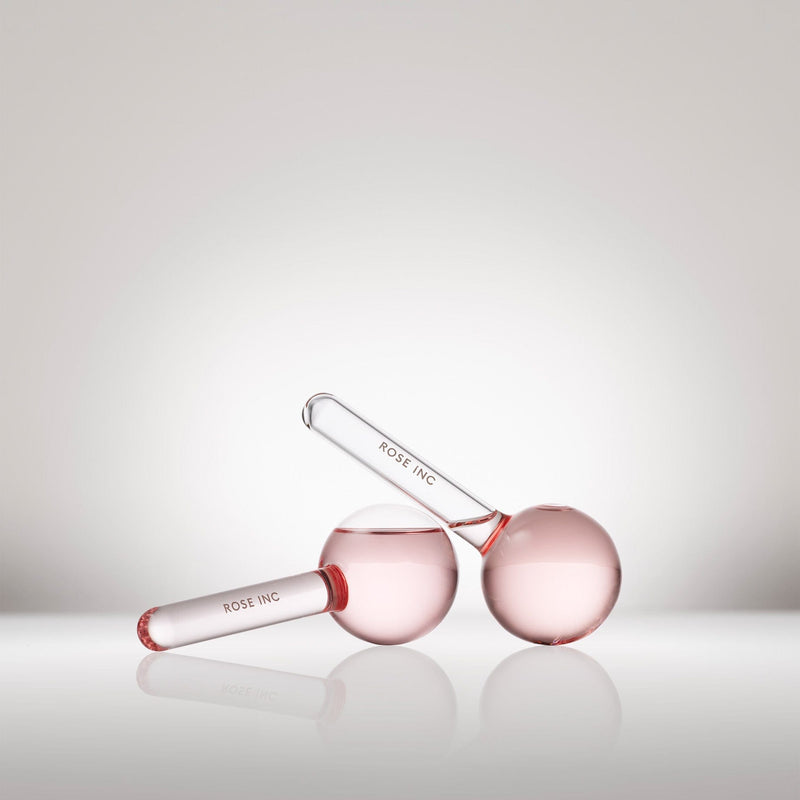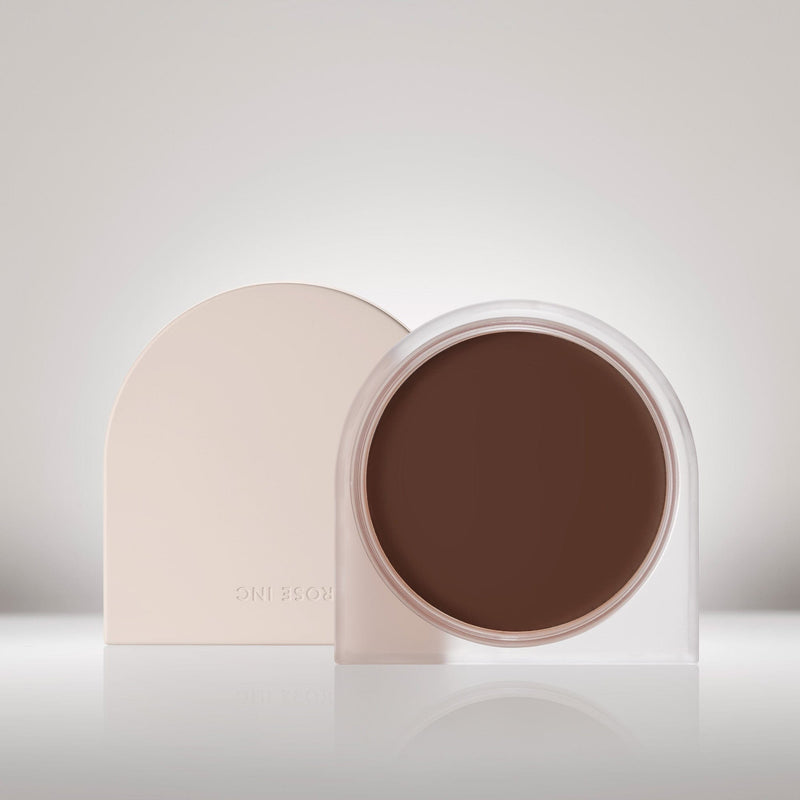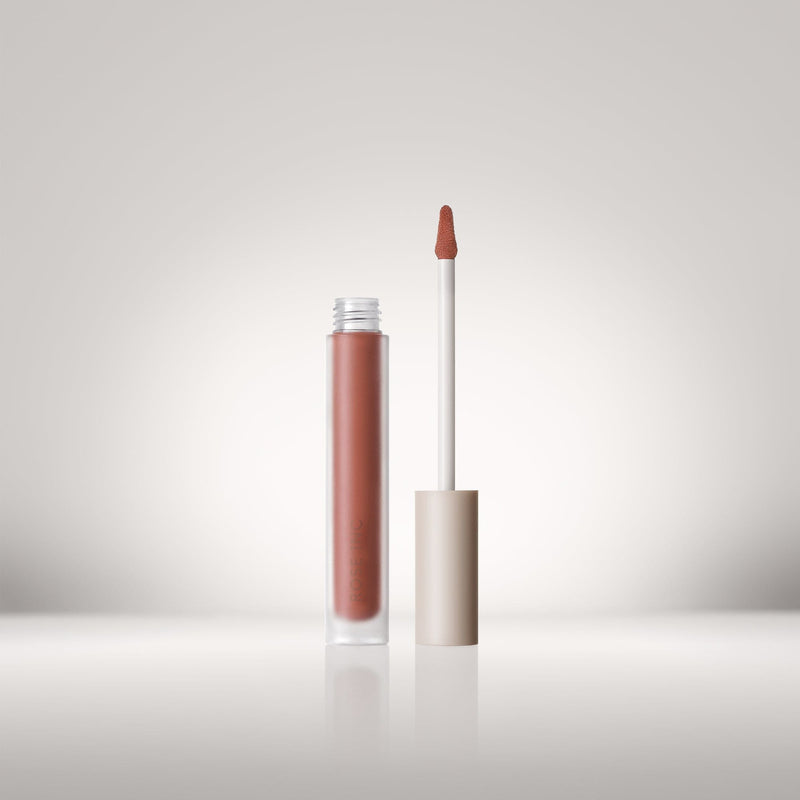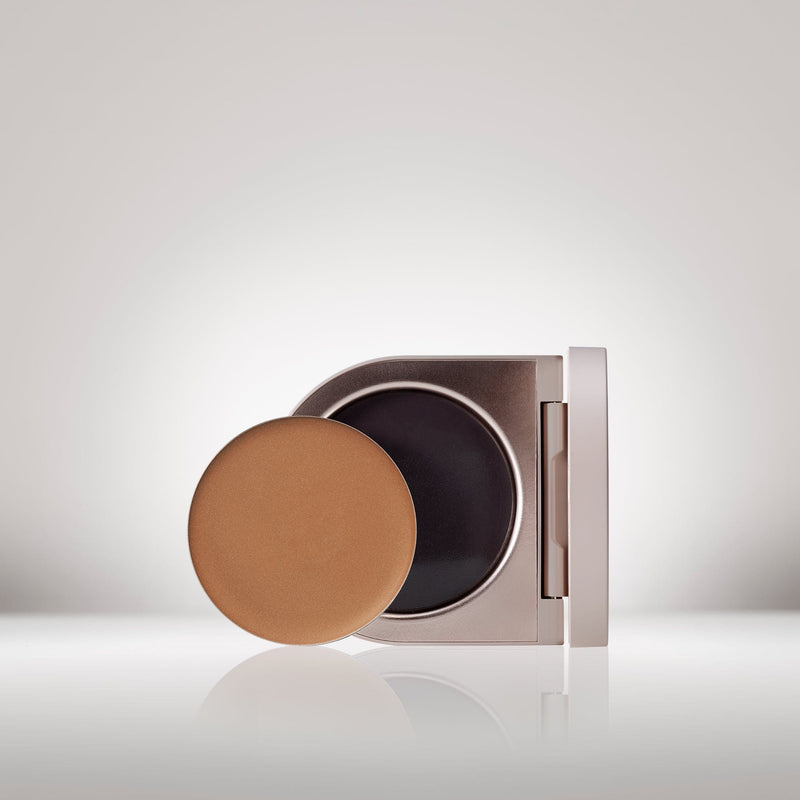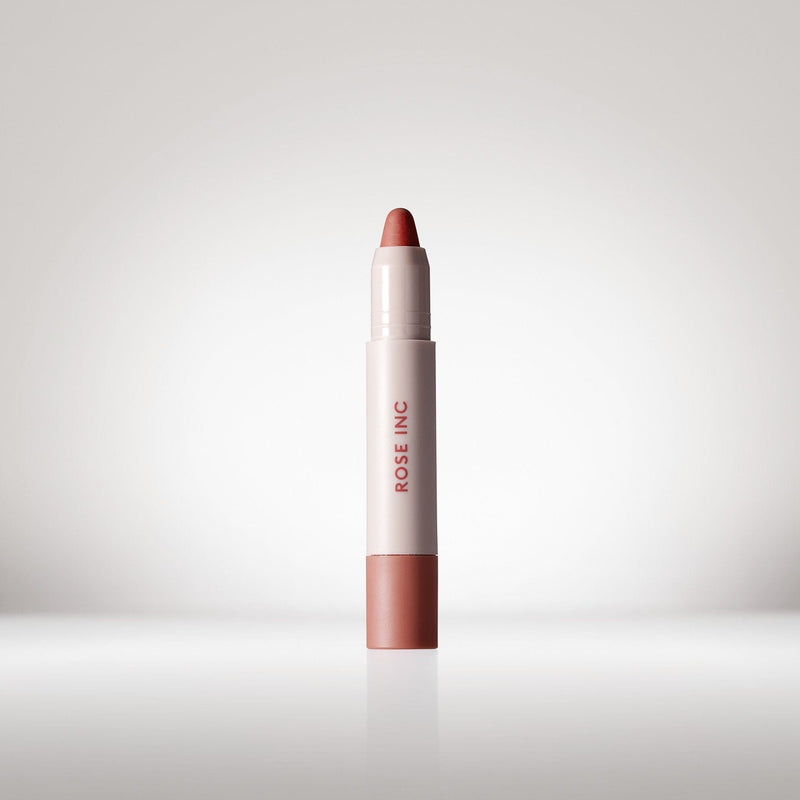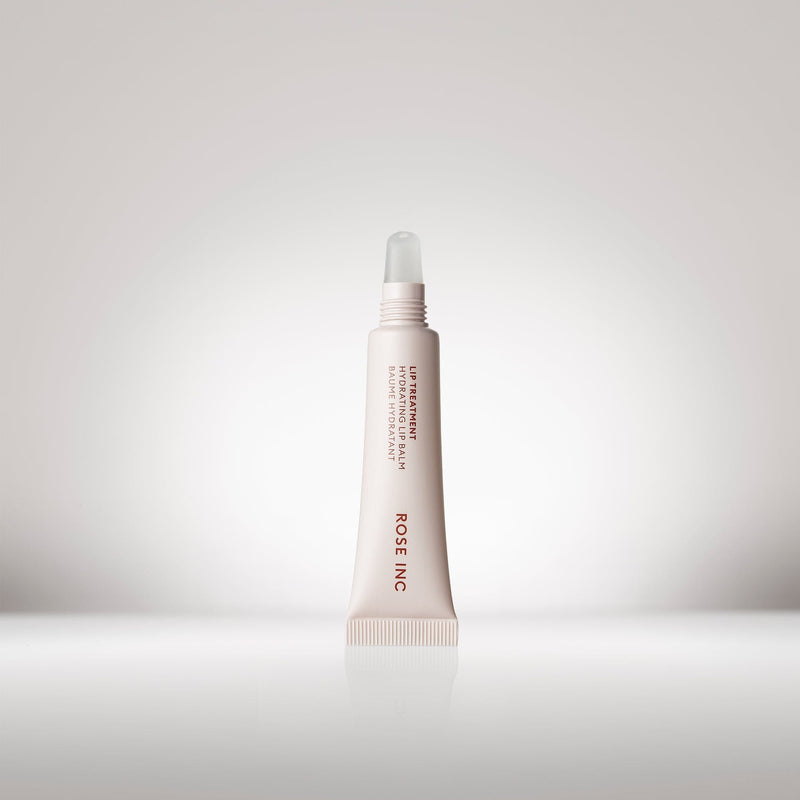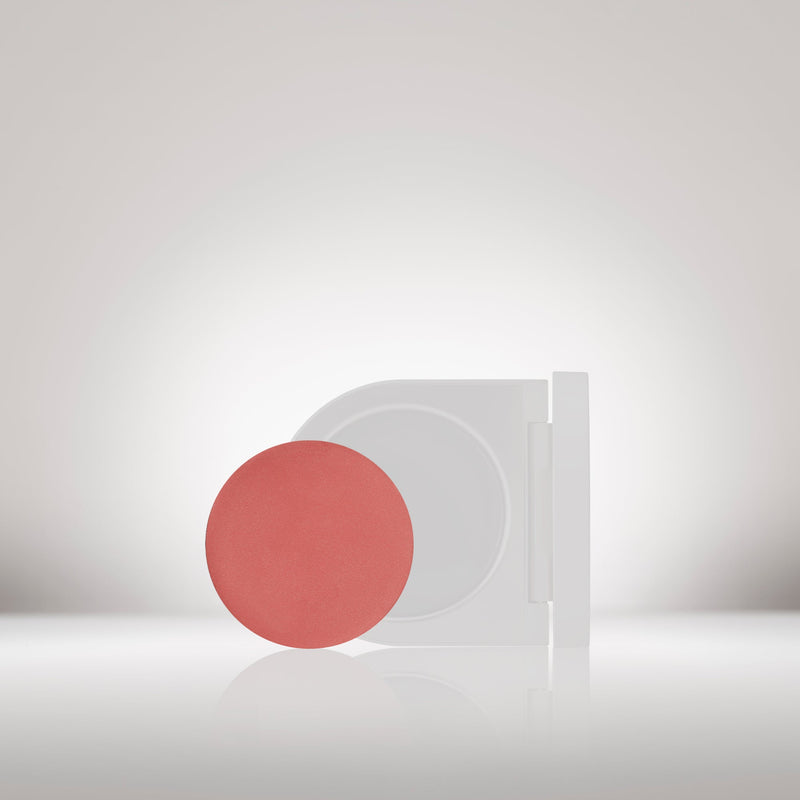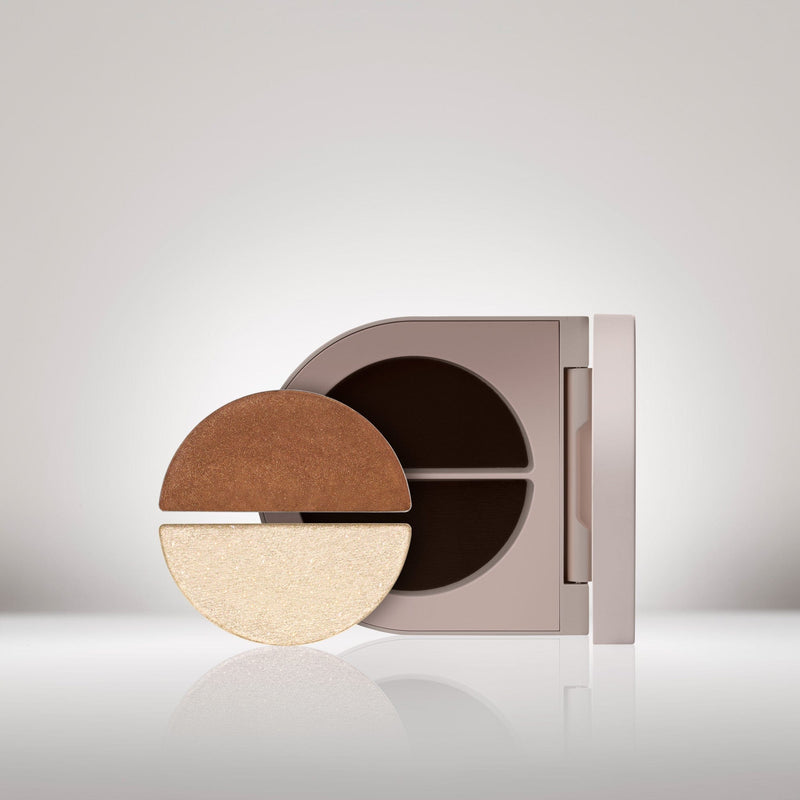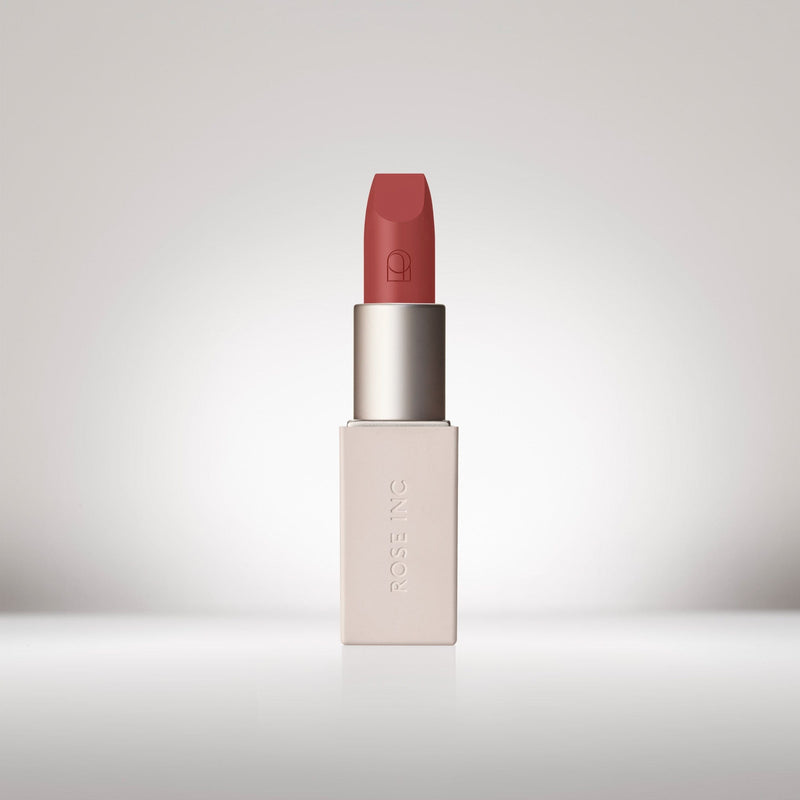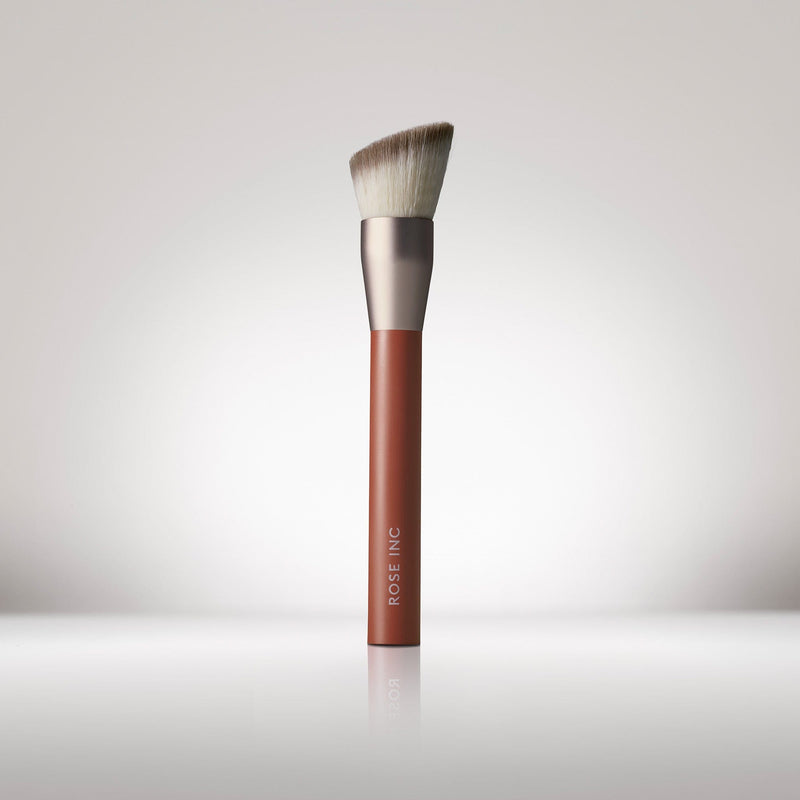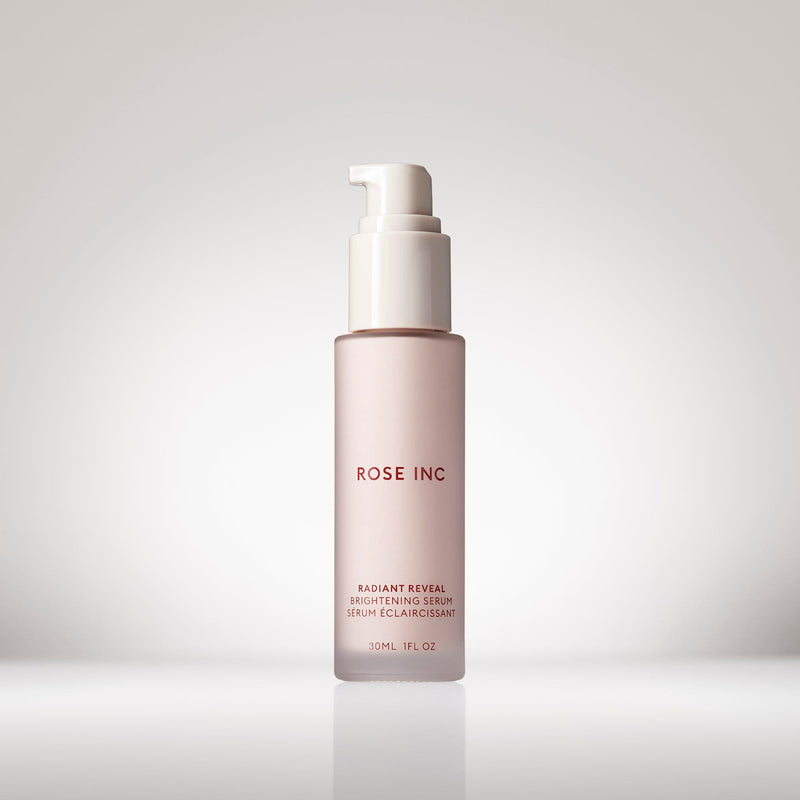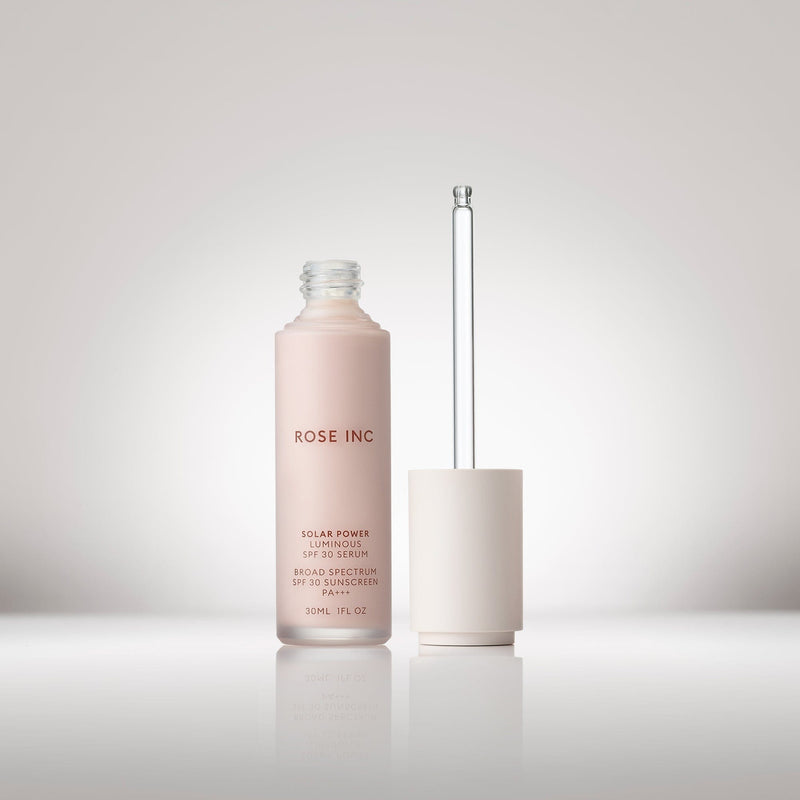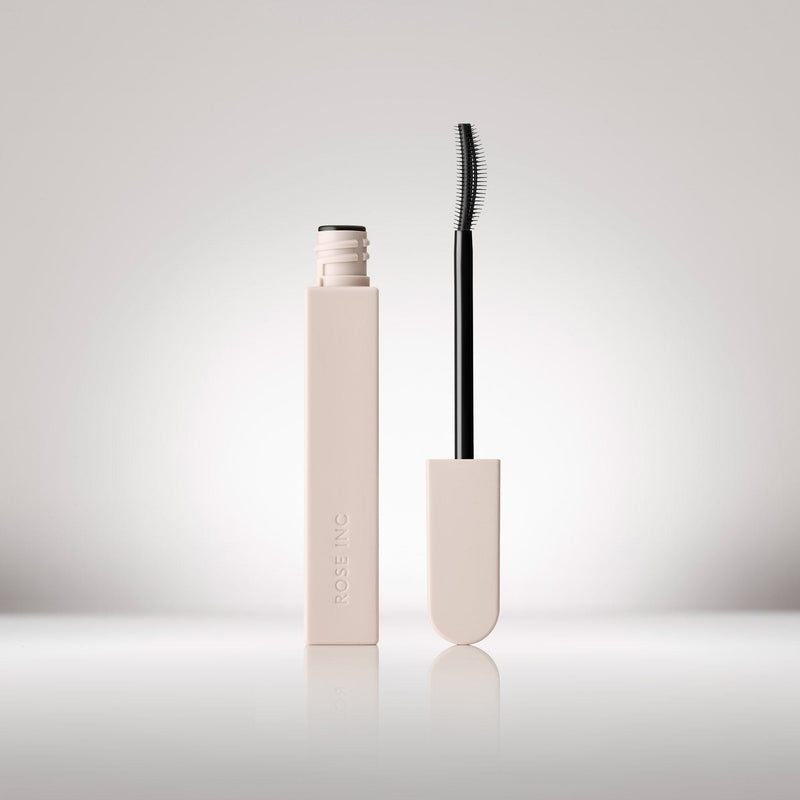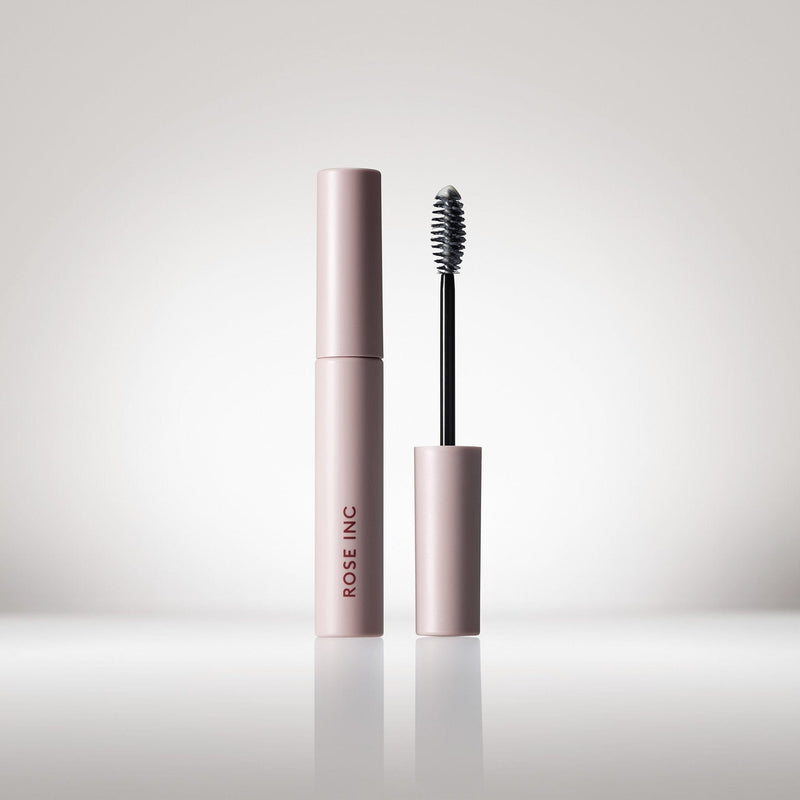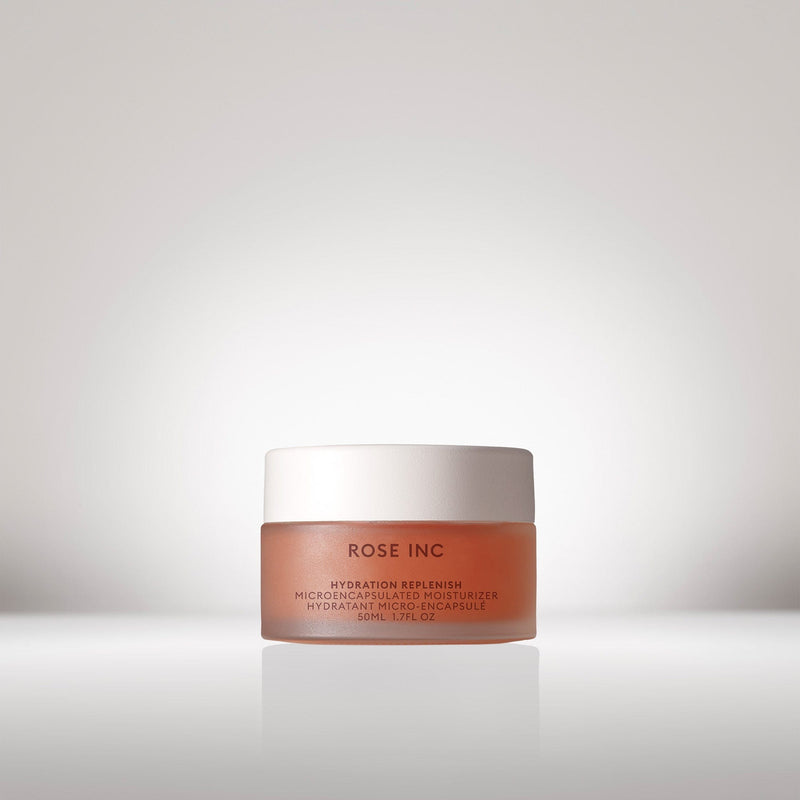Are alcohol-free beauty products better for your skin? Rose Inc. investigates.

The Type of Sunscreen You Should Use, According to Your Ski...
Protect yourself
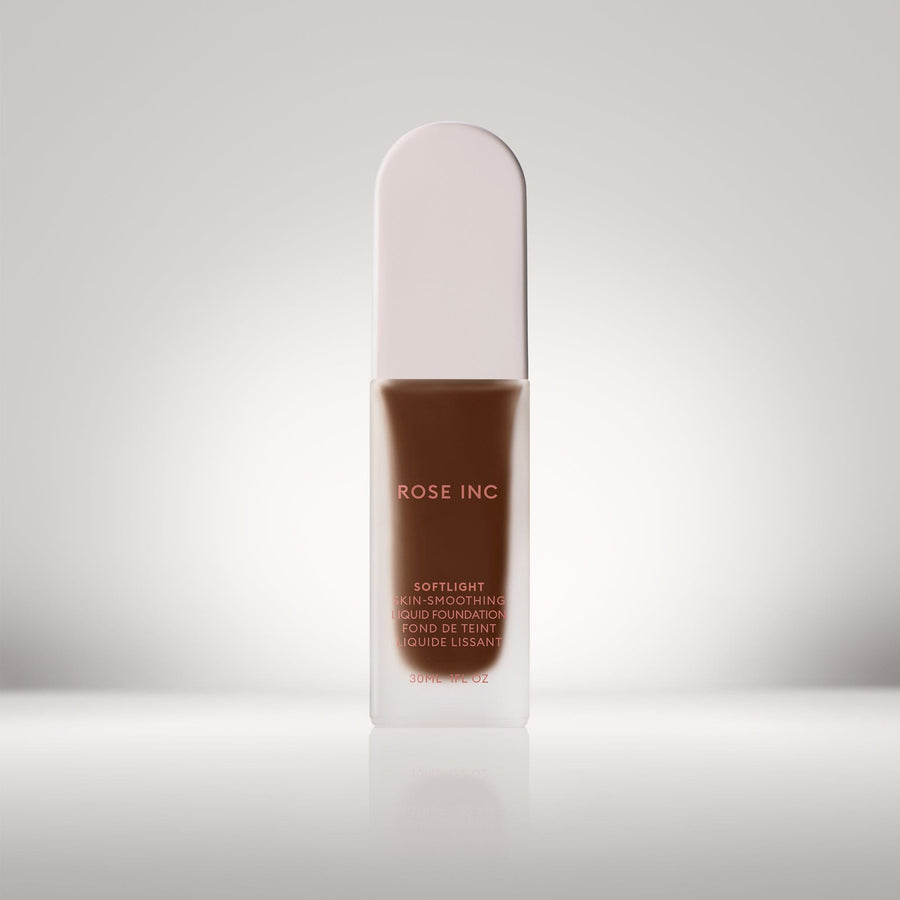
A medium-buildable foundation with a smooth, soft-matte finish.
31N
Deep with Neutral Undertone
30W
Deep with Warm Red Undertone
29N
Deep with Neutral Red Undertone
28W
Deep with Warm Golden Undertone
27C
Deep with Cool Red Undertone
26N
Deep with Cool Red Undertone
25W
Deep with Warm Golden Undertone
24W
Medium-Deep with Warm Olive Undertone
23C
Medium-Deep with Cool Pink Undertone
22N
Medium-Deep with Neutral Undertone
21W
Medium-Deep with Neutral Undertone
20N
Medium-Deep with Neutral Golden Undertone
19N
Medium-Deep with Neutral Undertone
18W
Medium-Deep with Warm Golden Undertone
17C
Medium with Cool Pink Undertone
16W
Medium with Warm Olive Undertone
15N
Medium with Neutral Golden Undertone
14W
Medium with Warm Peach Undertone
13N
Medium with Neutral Undertone
12C
Medium with Cool Neutral Undertone
11W
Medium with Warm Golden Undertone
10N
Light-Medium with Neutral Olive Undertone
9W
Light-Medium with Warm Peach Undertone
8N
Light with Neutral Undertone
7C
Light with Cool Pink Undertone
6W
Light with Warm Golden Undertone
5N
Light with Neutral Undertone
4W
Light with Warm Golden Undertone
3N
Fair with Neutral Undertone
2N
Fair with Neutral Olive Undertone
1C
Fair with Cool Pink Undertone
31N
Deep with Neutral Undertone
Medium Coverage, brightening, balancing
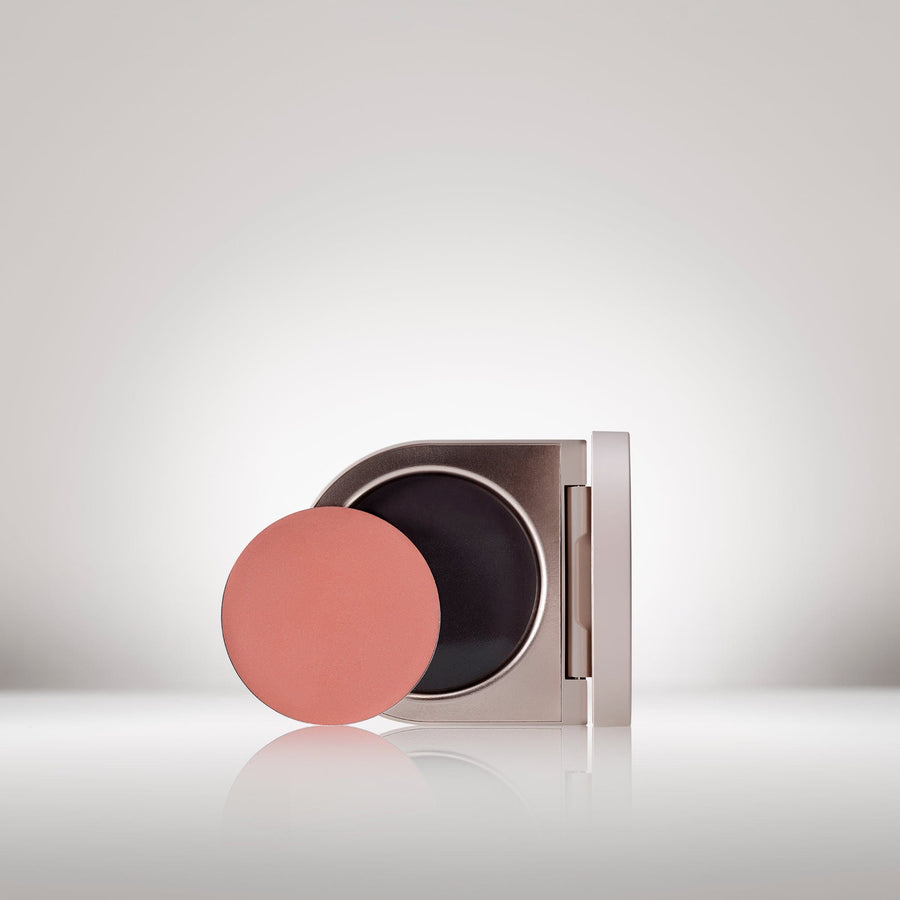
A hydrating cream that brightens and blurs with a radiant...
Hydrangea
Light cool pink
Wisteria
Coral pink
Anemone
Coral
Heliotrope
Apricot
Delphine
Muted peach
Daylily
Rich taupe
Foxglove
Warm terracotta
Ophelia
True pink
Camellia
Mauve
Hibiscus
Bright plum
Azalea
Berry
Dahlia
Deep berry
Hydrangea
Light cool pink
Brightening, blurring and longwearing
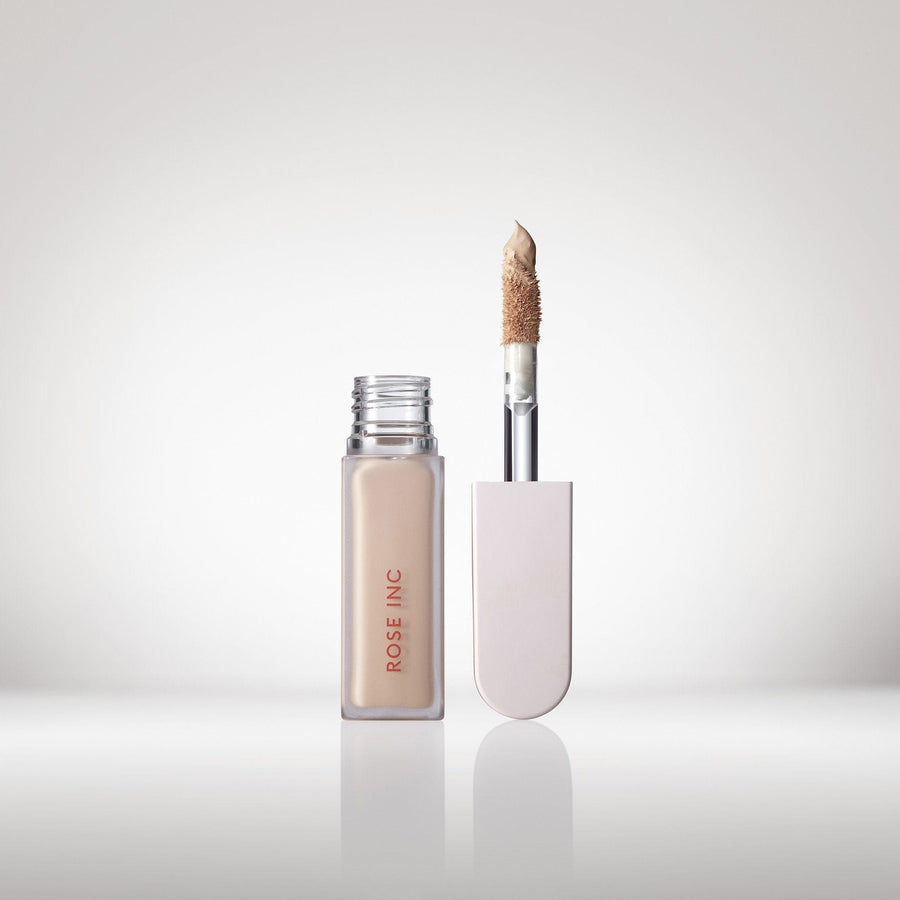
A does-it-all concealer that brightens, blurs and contours while nourishing...
LX 200
Very Deep Skin Tone, Neutral Undertone
LX 190
Very Deep Skin Tone, Cool Red Undertone
LX 180
Deep Skin Tone, Warm Neutral Undertone
LX 170
Deep Skin Tone, Golden Undertone
LX 160
Deep Skin Tone, Red Undertone
LX 150
Deep Skin Tone, Neutral Undertone
LX 140
Medium/Deep Skin Tone, Neutral Undertone
LX 130
Medium/Deep Skin Tone, Warm Golden Undertone
LX 120
Medium/Deep Skin Tone, Pink Undertone
LX 110
Medium/Deep Skin Tone, Golden Undertone
LX 100
Medium/Deep Skin Tone, Peach Undertone
LX 090
Medium Skin Tone, Olive Undertone
LX 080
Medium Skin Tone, Pink Undertone
LX 070
Medium Skin Tone, Golden Undertone
LX 060
Medium Skin Tone, Peach Undertone
LX 050
Light/Medium Skin Tone, Neutral Undertone
LX 040
Light/Medium Skin Tone, Golden Neutral Undertone
LX 030
Light Skin Tone, Pink Undertone
LX 020
Light Skin Tone, Peach Undertone
LX 010
Fair Skin Tone, Neutral Undertone
LX 200
Very Deep Skin Tone, Neutral Undertone
Medium coverage, brightening, blurring
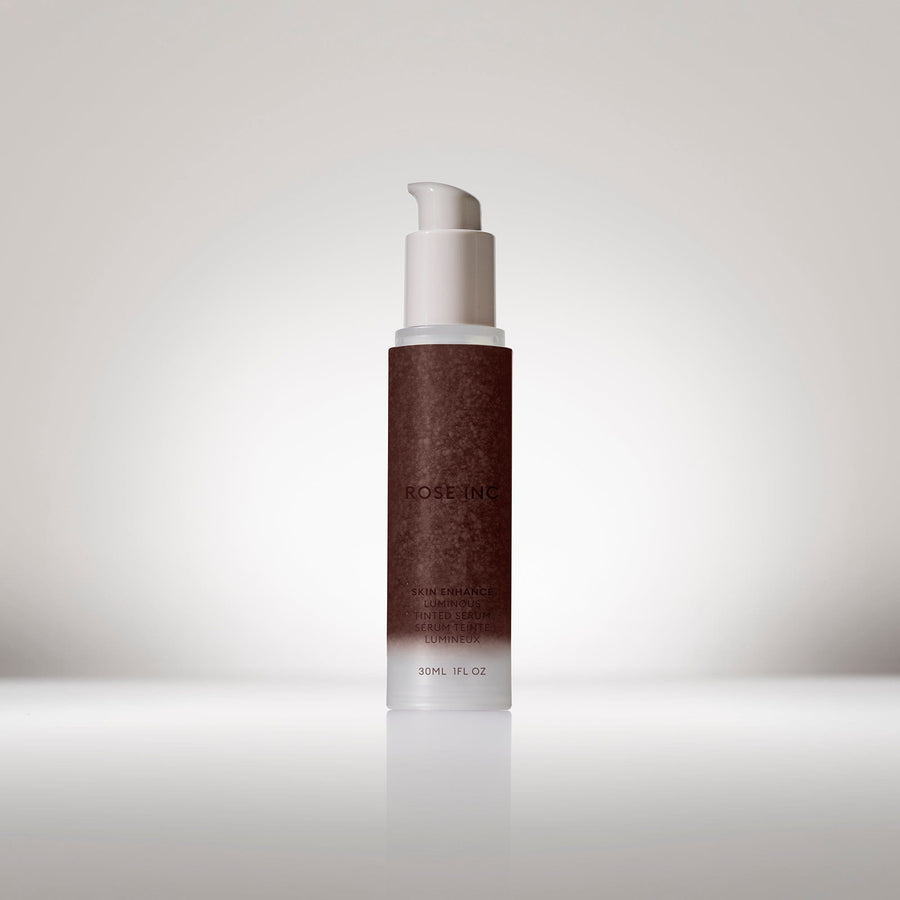
A hydrating skin tint that delivers powerful skincare and sheer,...
140
Very Deep Skin Tone/Red Undertone
130
Deep Skin Tone/Neutral Undertone
120
Deep Skin Tone/Red Undertone
110
Deep Skin Tone/Golden Undertone
100
Medium Deep Skin Tone/Golden Undertone
090
Medium Deep Skin Tone/Olive Undertone
080
Medium Tan Skin Tone/ Peach Undertone
070
Medium Skin Tone/Peach Undertone
060
Medium Skin Tone/ Neutral Undertone
050
Medium Skin Tone/ Pink Undertone
040
Light to Medium Skin Tone/ Neutral Undertone
030
Light Skin Tone/ Warm Golden Undertone
020
Light Skin Tone/Warm Peach Undertone
010
Fair Skin Tone/ Cool Pink Undertone
140
Very Deep Skin Tone/Red Undertone
Sheer Coverage, illuminating, hydrating

In a wellness landscape that embraces dietary restrictions as not just a way of life, but subcultures of their own—from paleo to vegan—it’s no wonder many of us have put our skin on strict regimens, too. Sometimes they’re based on ethical considerations, like cruelty-free products, and other times, we eschew items based on health or environmental concerns (like with known endocrine system disruptors or reef-damaging oxybenzone in sunscreen). And occasionally, we avoid ingredients simply because they don’t seem particularly good for us—and that’s where alcohol in skin care and makeup comes in.
For those of us acutely aware of the way in which another round of margaritas can manifest as flushed and dry skin, it’s hard not to think that spotting alcohol on a beauty product’s ingredient list can prove problematic—even if we can’t pinpoint why, exactly. Indeed, public perception about alcohol’s drying effects in the U.S. are strong. Ni’Kita Wilson, a cosmetic chemist who formulates skin-care products for Fortune 500 brands and indie startups alike, says American brands have been moving away from the ingredient, “due to a fear of overdrying skin. However [some] brands continue to use alcohol to obtain refreshing, lightweight formulas with a nice afterfeel.”
In some regards, our instincts are spot on. “Alcohol is an irritant and dries the skin,” says Orit Markowitz, MD, a board-certified dermatologist and associate professor of dermatology at Mount Sinai in New York City. So why are alcohols so prevalent in personal care products? The drying aspect is just one part of the story. Ahead, Rose, Inc. investigates how alcohol impacts our skin’s health.

What we commonly think of as “alcohol” in skin care and makeup is better known as ethyl alcohol (ethanol) and listed on labels as alcohol, isopropyl alcohol, alcohol denat/denatured alcohol and SD (specially denatured) alcohol. As Dr. Morkowitz notes, these ingredients can interfere with the skin’s own moisture-retaining humectants. So why include it? Wilson explains that, from a formulation perspective, there are a host of reasons.
For example, ethyl alcohols are primarily used to dissolve ingredients that otherwise don’t break down in water, like salicylic acid. They can also make a formula more elegant to use: “It’s great for reducing tack left on the skin after a product absorbs,” Wilson says. Ditto for reducing the time it takes to apply a product (helping makeup set faster, for example). Because alcohol kills bacteria, viruses, and germs, its inclusion in beauty products can also reduce the need for preservatives. Wilson says alcohol’s properties are so unique, there are no direct replacement ingredients to achieve these outcomes.
Some formulations have also relied on alcohol to give skin an instantaneously mattifying effect, something that has traditionally been marketed to those with oily skin, but a more modern school of thought recognizes long-term risks. “The skin will respond by getting oilier over time,” Dr. Markowitz says. “And not in a naturally-glowing and healthy way.”
But that’s not all: “Alcohol often leaves a ‘clean’ and ‘tight’ feeling on the skin because it strips the skin of water, which results in dead cell buildup,” says Renée Rouleau, esthetician and founder of Renée Rouleau Skin Care. “Trying to dry up oily skin can backfire, as stripped cell buildup traps oil and leads to breakouts. If you’re looking for optimal skin health, then dehydrating the skin’s surface with a solvent-drying alcohol is not ideal.”

Rouleau says that, for some, alcohol is an appropriate ingredient for spot treatments on occasion “since the goal is to dry up the infection,” but notes that long-term use of the ingredient on skin “can damage the skin’s protective barrier, which will increase skin sensitivity and irritation.”
To this end, Wilson says that many dynamically-formulated products balance any alcohol included with ingredients that add and help retain moisture. “In formulations balanced with emollients and humectants, the benefits of alcohol can outweigh the perceived concerns,” she says. However, for many, it may be easiest to avoid the ingredient completely. But here’s where the plot twist comes in: Not all alcohols are drying or damaging to skin. There are other classes of alcohols that nurture skin, smooth texture, and brighten tone.
“Alcohols have many different uses and not all are drying. Alcohols can be humectants, solvents, emulsifiers, surfactants, and antioxidants,” explains Rouleau, pointing to hydrating tocopherol (vitamin E, a proven antioxidant) and retinol (vitamin A, known to speed cell turnover and boost collagen to even tone and texture) as two beneficial types of alcohol.

What’s more, another class of alcohols, called fatty alcohols (commonly found on ingredient lists as cetyl alcohol, stearyl alcohol, behenyl alcohol, arachidyl alcohol, and cetearyl alcohol) not only help thicken and stabilize creams and lotions, they’re known to be wholly beneficial for the skin, too. For example, stearyl alcohol (an emollient) and cetyl alcohol (often derived from coconut oil) are commonly-used to retain moisture. Meanwhile, research completed by Cosmetic Ingredient Review, which assesses the safety of ingredients in cosmetics and publishes the results in peer-reviewed journals, found many fatty alcohols to be safe as cosmetic ingredients. Fatty alcohols also yield low hazard scores from the Environmental Working Group. Though allergic reactions to these ingredients may happen in some, occurrence is low, which might help explain why the FDA allows formulations made with fatty alcohols and other non-ethyl alcohol ingredients to be labeled as “alcohol-free” even though the ingredients are technically classified as alcohols.
Bottom line: Our propensity to swear off alcohol in skin care and makeup isn’t unfounded, but don’t let the word “alcohol” alone scare you away from trying other products as fatty alcohols may be just the thing to keep skin plump and smooth.
Photos by Nikki Cruz.

Protect yourself

An expert weighs in on how to guard yourself against the deadly disease, from preventive tips to tell-tale symptoms to know.

The massage therapist talks all things lymphatic drainage, from benefits to at-home techniques to try now.
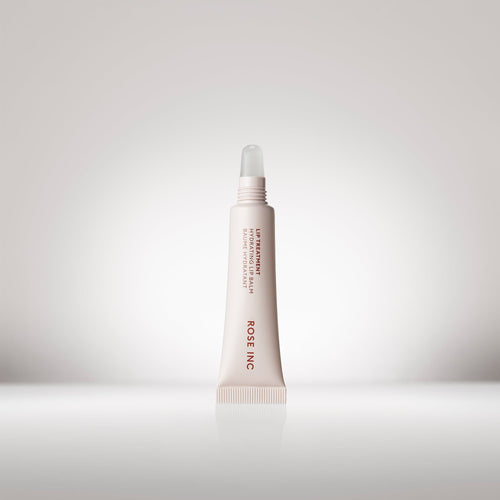
An intensely hydrating treatment that restores pillowy bounce to lips.
An intensely hydrating treatment that restores pillowy bounce to lips.
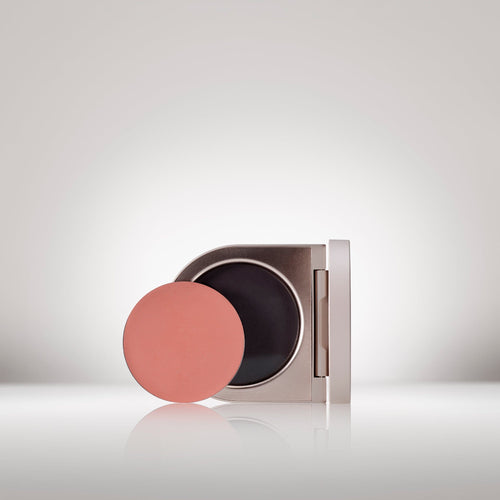
A hydrating cream that brightens and blurs with a radiant...
Hydrangea
Light cool pink
Wisteria
Coral pink
Anemone
Coral
Heliotrope
Apricot
Delphine
Muted peach
Daylily
Rich taupe
Foxglove
Warm terracotta
Ophelia
True pink
Camellia
Mauve
Hibiscus
Bright plum
Azalea
Berry
Dahlia
Deep berry
Hydrangea
Light cool pink
A hydrating cream that brightens and blurs with a radiant...
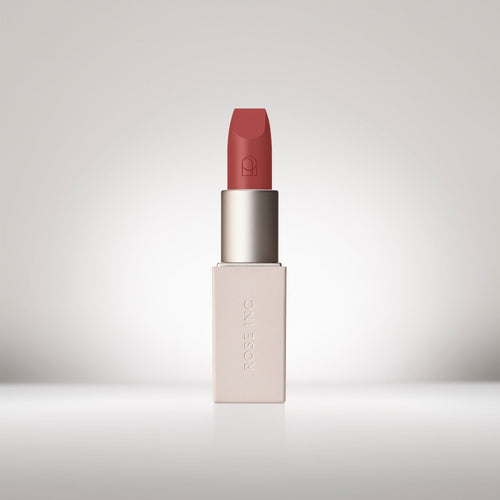
Creamy lipstick that plumps the lips while drenching delicate skin...
Besotted
Beige pink
Hypnotic
Sandy beige
Poetic
Muted coral
Enigmatic
Terracotta pink
Persuasive
Warm rose
Graceful
Golden brown
Poised
Deep brick
Demure
Cool blush
Intuitive
Deep mauve
Eloquent
Soft plum
Besotted
Beige pink
Creamy lipstick that plumps the lips while drenching delicate skin...
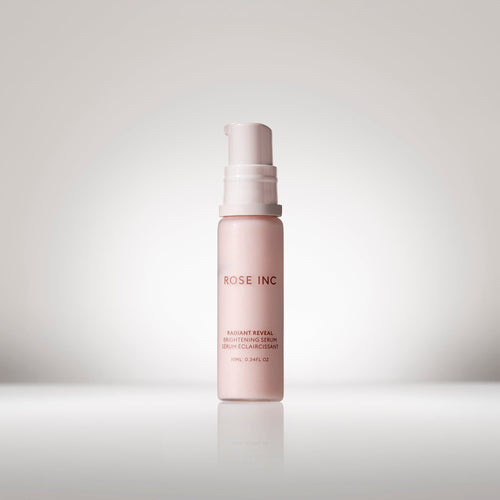
A powerful hydrating serum that instantly brightens the complexion with...
A powerful hydrating serum that instantly brightens the complexion with...
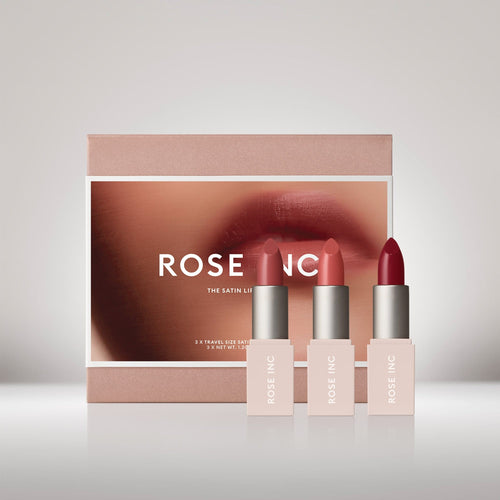
Two mini versions of our bestselling shades and one limited...
Two mini versions of our bestselling shades and one limited...
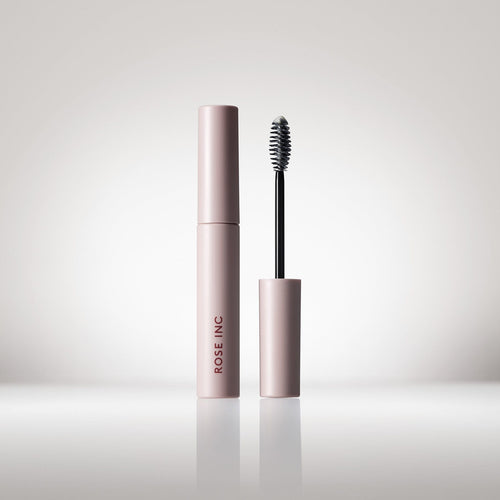
A conditioning pomade-serum hybrid that volumizes and grooms for expertly shaped brows.
A conditioning pomade-serum hybrid that volumizes and grooms for expertly shaped brows.
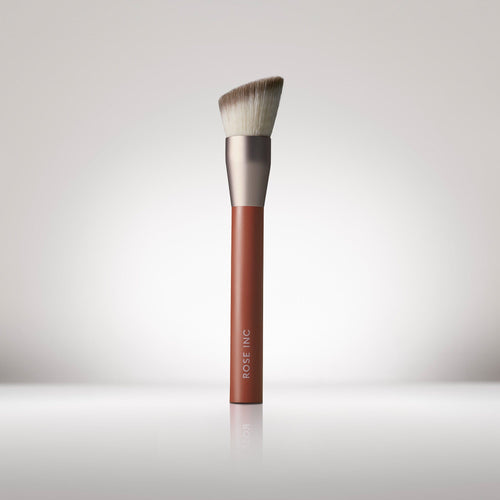
An angled brush designed for control and seamless blending along...
An angled brush designed for control and seamless blending along...
Your browser is out of date, and may not be compatible with our website.
You can update your browser from the link below.
Download the latest version of your prefered browser